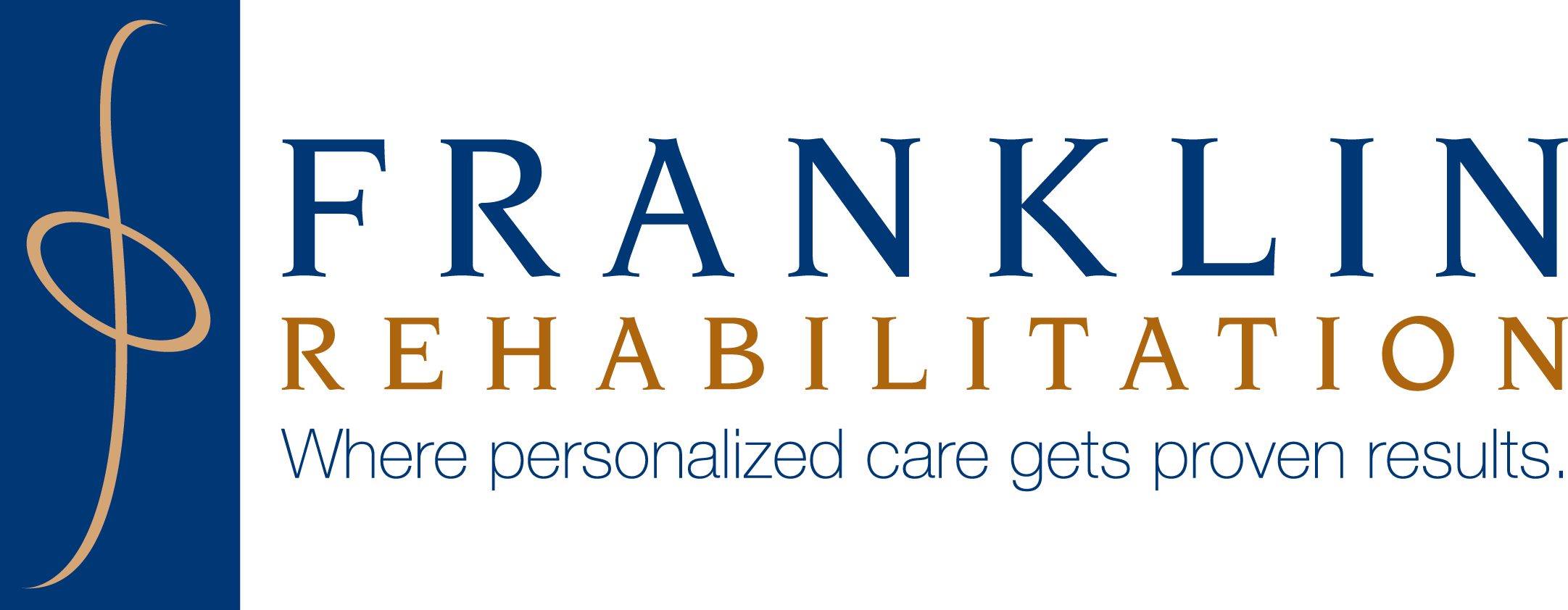You CAN Make the Spinning Stop

 If you or someone you know struggles with dizziness, you may have discovered it can be an incredibly difficult and lengthy process to figure out what the actual cause and in turn, treatment, is for your unique situation. Managing dizziness can also be quite a challenge for healthcare practitioners because patients tend to feel miserable. Unless the healthcare provider really understands the different causes and forms of dizziness, it is common to receive a non-specific diagnosis of “dizziness,” followed by a non-specific suggestion for managing the symptoms. It’s like taking your car to the mechanic and hearing a vague explanation like “it’s the engine,” and the advice is to fill up the gas tank. The problem may in fact be the engine and putting gas in the tank may help, but there is probably more going on under the hood, and you very well will walk away feeling unsatisfied and not very confident in your mechanic.
If you or someone you know struggles with dizziness, you may have discovered it can be an incredibly difficult and lengthy process to figure out what the actual cause and in turn, treatment, is for your unique situation. Managing dizziness can also be quite a challenge for healthcare practitioners because patients tend to feel miserable. Unless the healthcare provider really understands the different causes and forms of dizziness, it is common to receive a non-specific diagnosis of “dizziness,” followed by a non-specific suggestion for managing the symptoms. It’s like taking your car to the mechanic and hearing a vague explanation like “it’s the engine,” and the advice is to fill up the gas tank. The problem may in fact be the engine and putting gas in the tank may help, but there is probably more going on under the hood, and you very well will walk away feeling unsatisfied and not very confident in your mechanic.
To better understand, take a look at the following symptoms you may be struggling with, and think about what you may have been told about how your dizziness should be handled:
- A spinning sensation while lying down, rolling in bed, looking up or bending over.
- A feeling of unsteadiness or being off-balance, causing you to be fearful of stumbling or falling.
- A feeling of dizziness or being lightheaded after quick movements such as looking over your shoulder or getting out of a chair.
- Being sensitive to constant movement – like riding in a car, for instance.
These are all common symptoms that can result from problems with the inner ear. What testing or treatment has been done that gives you an answer on why you’re experiencing some of these symptoms? What can be done to get to the main cause and eliminate this nuisance?
Your doctor wants to help, but testing done in a physician’s office for dizziness is often limited and you may never get tested for inner ear problems. If this happens, there is no way to find out for sure what is causing this problem. Treatment advice, then, may end up being vague and you may be advised to simply wait to see if the problem continues to persist.
Some types of dizziness can go away with time. Depending on the circumstance, your body gradually returns to normal activity and your brain actually learns how to do these activities without being dizzy – a process called Vestibular Adaptation. The difficult part is that not every form of dizziness is something that can just “get better with time.” Knowing the different forms and their causes and triggers is key to coming up with an appropriate treatment plan. Many times, the longer a patient tries to wait it out, the worse the problem becomes and the harder it is to treat.
For example, one of the most common causes of dizziness is a condition called positional vertigo. This condition is characterized by dizziness and nausea upon changing positions – lying down, rolling in bed, looking up, etc. – resulting in a spinning sensation. This occurs when tiny crystals (Otoconia) that are found inside our inner ear (crystals which we all have and need) are shifted out of place. When these Otoconia are out of place, it is easy for us to get them back where they should be and the vast majority of dizziness issues are eliminated in just one treatment.
The treatment used – called a Re-positioning Procedure – is highly effective and simple to perform when done shortly after the crystals are shifted out of place. The longer the crystals remain out of place, however, the harder it is to return them to their correct position. If you are told by your doctor to wait to see if the dizziness may go away on its own, those two to three days of waiting may actually be doing more harm than good.
Sometimes the condition will improve slightly on its own – to a point where you may be functioning almost normally. Because you think the problem will go away on its own, you may think it’s on the mend and to just live with it until it’s completely better. It is critical to get checked by a physical therapist specializes in treating dizziness and balance issues as soon as possible. Crystals that remain out of place and not properly re-positioned, can get stuck out of place permanently.
Another example of a fixable dizziness issue, is when someone suffers from damage to one of the inner ears due to infection, pressure or sinus congestion. When suffering on only one side, the condition of your left and right inner ears don’t match – making the dizziness even worse – akin to double vision for your balance system. Sufferers feel very dizzy throughout the day and may end up running to the bathroom because of nausea and vomiting. When you visit a physical therapist who diagnoses you with this type of dizziness, the first course of action is to limit activity.
We then teach exercises that train the brain to calibrate the error between the two inner ears. It’s similar to the way you balance the volume between two speakers on a stereo. Specific vestibular exercises have the ability to do just that. If you don’t do the exercises, there’s a chance you will always have a mismatch initially caused by that infection or pressure. You don’t want to be stuck in a cycle where you have to rely on medication that is counterproductive to complete healing. Also, trying to “just live with it,” is dangerous because as we age, our vision tends to worsen; we become a little less nimble and our joints stiffen. These normal aging occurrences coupled with a mismatch in the inner ear function can greatly increase the risk of falls.
There are always some medical conditions that are simply too difficult to diagnose correctly. In the medical world – dizziness fits into that category, because it can be caused by so many different things. If you find dizziness to be disrupting your way of life or if you jump right into taking medications when you find yourself in the midst of another dizzy spell, be sure to schedule an appointment with a vestibular specialist. At Franklin Rehabilitation, we understand the various types of dizziness and know how to treat each one. We’ll provide you with a specific diagnosis and set you up with a unique treatment plan to improve your condition.
Call us for a free consultation and in just a few minutes, we’ll let you know if your symptoms can be eliminated by our program. You don’t even need a doctor’s prescription to the free consult and you don’t have to “just live with it.”
Contact us today at (414) 425-9700.
Patrick Barron, PT, Vestibular Specialist (2006 Herdman Certified)
